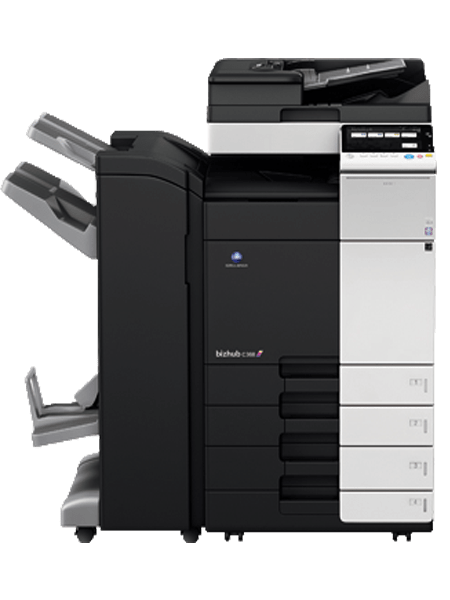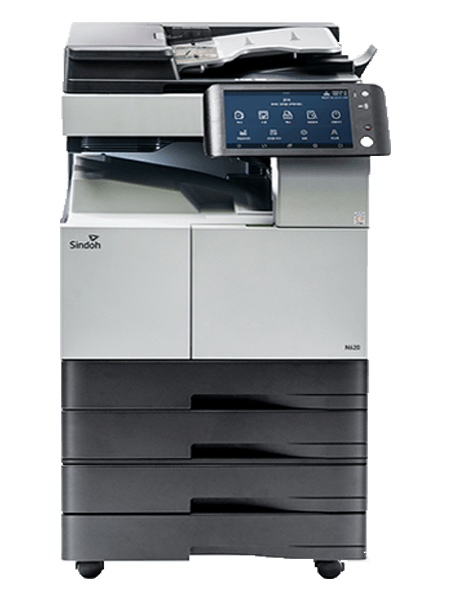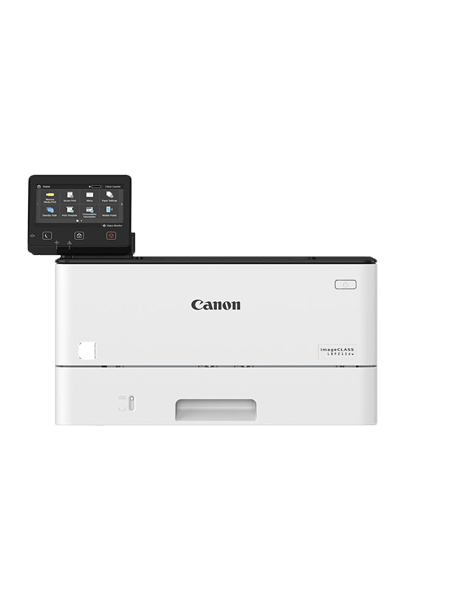
In these cases, you’re likely to receive one of the various medications, such as benzodiazepines, the most successful in these cases. Still, if you’re experiencing alcohol withdrawal, it’s essential to have your symptoms evaluated by a medical professional. Ethanol is the primary alcohol that’s ingested by people with alcohol use disorder. It produces euphoria and other effects at low blood concentrations.
- The doctor may ask for evidence that there has been a decrease in alcohol use after regular heavy use.
- However, medical complications can occur during the acute phase of withdrawal.
- After detoxification, these categories remained prevalent with “increased risk of renal failure” in 35.5% (27/76), “pharmacodynamic interaction” in 17.1% (13/76) and “pharmacokinetic interaction” in 15.8% (12/76).
- Sometimes, symptoms may be severe enough to require medical treatment at a hospital or rehabilitation facility.
Can you prevent alcohol withdrawal seizures?
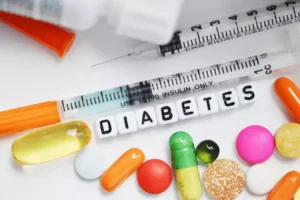
It’s even helpful to read it out loud, as this has been shown to help you retain the information more effectively. Many involve a combination of group psychotherapy (talk therapy) and medications. It’s difficult to predict who will and who won’t experience alcohol withdrawal — and how severe it will be. Some people experience prolonged withdrawal symptoms, like insomnia and mood changes, that can last for weeks or months. Go to the nearest emergency room or call 911 (or your local emergency service number) if you or a loved one has any concerning symptoms of alcohol withdrawal.
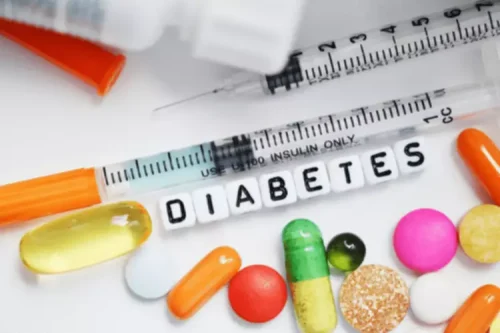
How Alcohol Addiction Is Like an Abusive Relationship
As the alcohol wears off, these effects lead to common hangover symptoms, such as headache, nausea, and fatigue. Delirium tremens can cause your body temperature, breathing, or blood circulation to change quickly. A person with delirium tremens needs to be hospitalized until the symptoms can be controlled. These symptoms generally appear 12 to 24 hours after your last drink. While these symptoms are more severe than Stage 1, they are not life-threatening.
There Is One True Cure for Alcohol Withdrawal
In some people, the Cure for Alcohol Withdrawal Symptoms initial reaction may feel like an increase in energy. But as you continue to drink, you become drowsy and have less control over your actions. Withdrawal is different for everyone; there really is no “normal” and it can be hard to predict an individual person’s experience.
It’s a way to check how you’re feeling and get help if you need it. Levodopa + olanzapine was the only contraindicated combination prescribed both before and after withdrawal treatment. In patients with movement disorders treated with levodopa, olanzapine has such a detrimental effect on motor symptoms that its use is contraindicated 44. The risk of exposure to pAMIs and pDDIs increases during inpatient withdrawal treatment in patients with AUD. Improvements in the quality of prescribing should particularly focus on the use of antihypertensives and opioids.

International Patients
- Before you decide to go through alcohol withdrawal, write yourself a letter and keep it nearby for quick reference.
- Delirium tremens is a life-threatening form of alcohol withdrawal.
- For example, some people choose to write a list of reasons why they want to stop drinking alcohol, and revisit the list to remind themselves after a relapse.
- If you have trouble swallowing tablets, see this article for tips.
- Stopping drinking abruptly can lead to seizures and can even be fatal.
For mild alcohol withdrawal that’s not at risk of worsening, your provider may prescribe carbamazepine or gabapentin to help with symptoms. Symptoms of alcohol withdrawal tend to peak 24 to 72 hours after your last drink. Centers that utilize this approach provide room, board, and interpersonal support to those in withdrawal, as any inpatient program would. The primary difference is that these rehabs do not use medication; instead, patients rely on therapies and coaching. The most dangerous symptom of withdrawal is delirium tremens (DTs), which begins between 48 and 72 hours after drinking comes to an end.
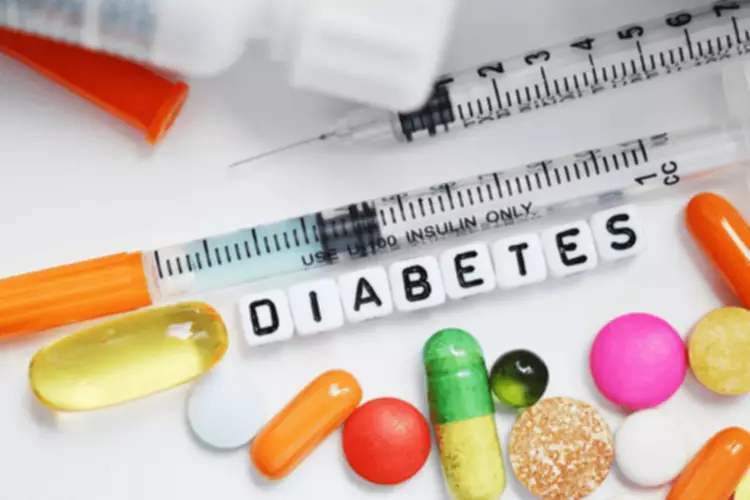
Alcohol Withdrawal
- Delirium tremens (DTs) is a serious condition that some people struggling with alcohol withdrawal go through.
- The alcohol withdrawal timeline varies, but the worst of the symptoms typically wear off after 72 hours.
- Some have genetic conditions that mean it’s very easy for them to experience intoxication from alcohol.
Also, serum γ-glutamyl transpeptidase (γ-GT) and an alcohol breath test at each visit were used to control abstinence. No discrepancies were observed between these measures of abstinence throughout the study. Furthermore, γ-GT is considered to be a reliable marker of alcohol relapse detection 19.

PAWS is one of the leading causes of relapse for individuals that have completed alcohol addiction treatment. Many people experience symptoms of PAWS in cyclical waves https://ecosoberhouse.com/article/alcohol-addiction-its-most-important-signs/ – one day you feel fine, and the next you’re plagued by low energy and intense cravings for alcohol. The spontaneity of this withdrawal phase can make resisting temptation hard. However, it’s important to note that each PAWS episode is often limited to only a few days at a time. If an individual can hang on during that time frame, the symptoms will resolve just as quickly as they appeared.



